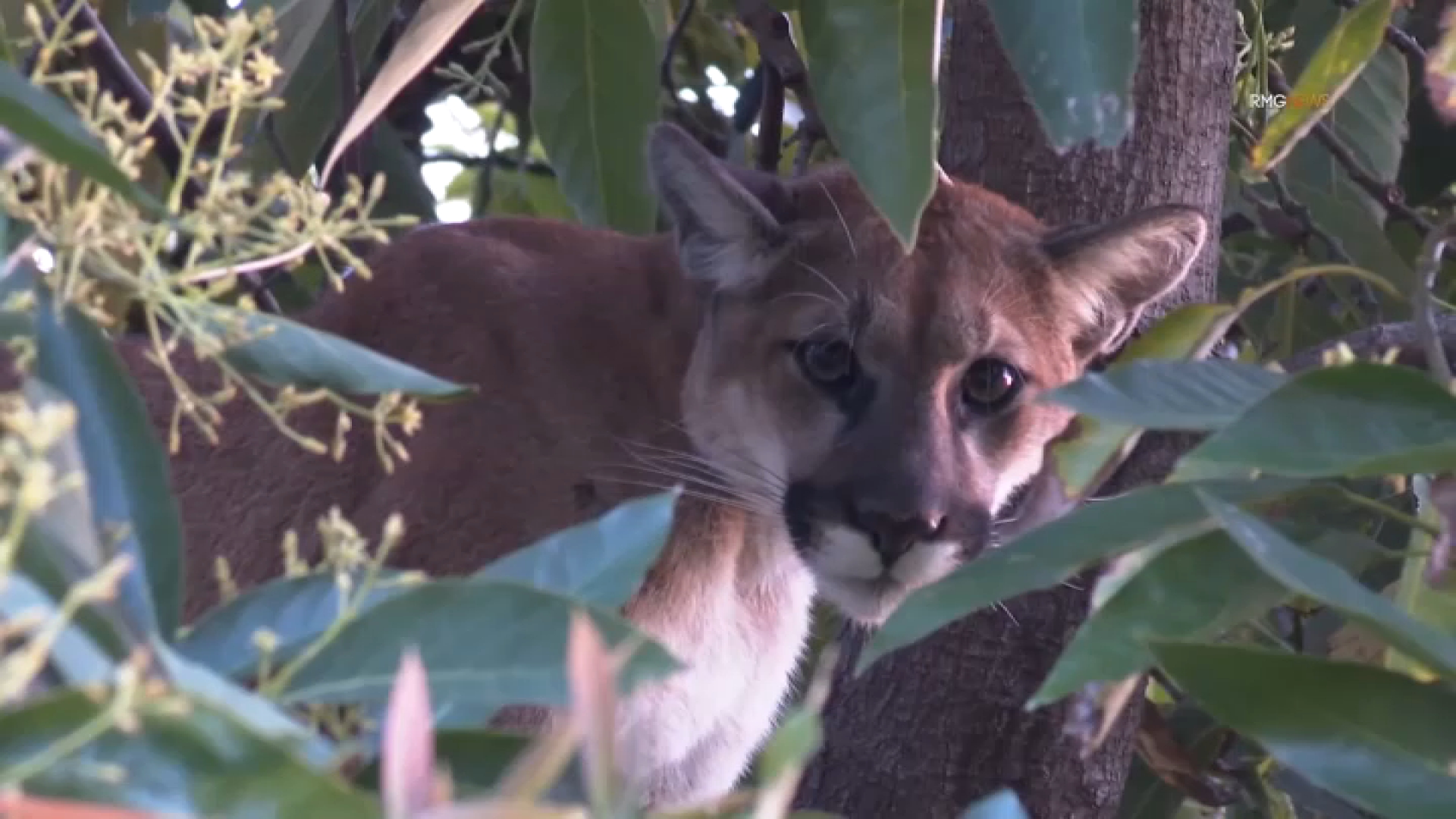Think you’re getting tasty red snapper at your local sushi bar? Probably not.
Seafood fraud is widespread in Los Angeles and Orange counties, according to a Washington-based nonprofit group.
Oceana, an environmental advocacy organization focused on ocean policy, released a report (PDF) Tuesday showing 55 percent of seafood samples it collected were mislabeled. That’s fraud under federal law.
“The types and breadth of seafood fraud uncovered in Southern California should give all local seafood lovers pause,” the report stated. “Our testing indicates that consumers in the area have a roughly 50/50 chance of getting the actual seafood item they were sold when purchasing certain types of fish.”
Seafood aficionados in Santa Monica said the best way consumers can protect themselves is to ask questions.
"If it's a server, ask questions: Do they know where it came from? Do they know how long it's been in the building?" said Bob Vogel with Santa Monica Seafood, which labels its seafood origins on the wall menu and DNA tests it to make sure its authentic.
But most seafood suppliers do not go to that length, according to the report.
Local
Get Los Angeles's latest local news on crime, entertainment, weather, schools, COVID, cost of living and more. Here's your go-to source for today's LA news.
Oceana examined DNA from 119 samples from unidentified grocery stores and restaurants in Southern California in May and December of last year. Eighteen types of seafood were collected to determine if they were properly labeled, with a target on species that have been found misidentified before: wild salmon, various types of soles, red snapper, yellowtail and white tuna.
Every fish called “snapper” was incorrectly labeled under federal guidelines, the report found. Snapper buyers could be getting anything from farmed tilapia to Pollock, or an overfished rockfish species, the report said.
Sushi restaurants were the biggest culprits, with 87 percent of their offerings mislabeled. Eight of nine “white tuna” samples were actually escolar, a fish that carries and health warning and can cause intense gastrointestinal distress.
The most accurately labeled fish including albacore, blue fin, flounder and sockeye salmon.
State Sen. Ted Lieu, a Democrat from Torrance, in February introduced legislation that would require large restaurant chains to accurately label seafood by species, country of origin and whether it's wild or farmed. The legislation is sponsored by Oceana.
"I was very surprised at the scale of how much this was going on," Lieu said of the new Oceana report. "A consumer would be paying for a more expensive kind of fish when in fact they're getting a cheaper kind of fish, and it could be from a foreign country, which means they might have a higher chance of getting sick from eating it."
A spokesperson for the California Restaurant Association questioned the samples taken by Oceana, which they say were too small.
The study targeted seafood-sellers in coastal LA and Orange counties, and downtown Los Angeles, Long Beach and Hollywood. Restaurants were selected if they were listed as “most popular” under the Zagat guide’s seafood category.
The report said Los Angeles-area results were on par with those found in a study in the Boston area last year, and in research on other locales.
Follow NBCLA for the latest LA news, events and entertainment: iPhone/iPad App | Facebook | Twitter | Google+ | Instagram | RSS | Text Alerts | Email Alerts



